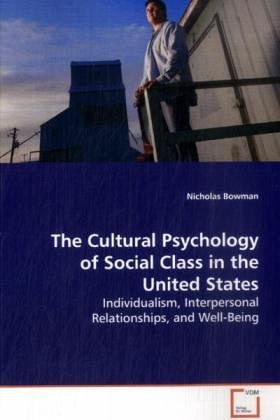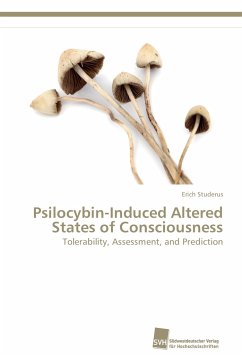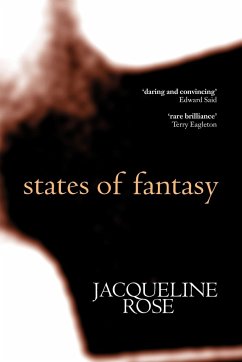
The Cultural Psychology of Social Class in the United States
Individualism, Interpersonal Relationships, and Well-Being
Versandkostenfrei!
Versandfertig in 6-10 Tagen
39,99 €
inkl. MwSt.

PAYBACK Punkte
20 °P sammeln!
Many scholars and legislators approach issues ofsocial class from a deficit perspective, framingsocial class differences almost exclusively in termsof the resources and behaviors that working-class orlower-class people lack. In contrast, this book takesa cultural psychological perspective by exploring theways in which Americans from relatively lower andhigher social class backgrounds define themselves,their friendship and kinship groups, and even what itmeans to be well. Using evidence from a variety ofsources, it is argued that the nature ofindividualism, interpersonal relationships, andwell-...
Many scholars and legislators approach issues of
social class from a deficit perspective, framing
social class differences almost exclusively in terms
of the resources and behaviors that working-class or
lower-class people lack. In contrast, this book takes
a cultural psychological perspective by exploring the
ways in which Americans from relatively lower and
higher social class backgrounds define themselves,
their friendship and kinship groups, and even what it
means to be well. Using evidence from a variety of
sources, it is argued that the nature of
individualism, interpersonal relationships, and
well-being varies substantially across American
social class groups. These differences are apparent
among national samples of adults and also among
undergraduate students from various backgrounds and
institutions. This book can be useful to college
practitioners, faculty, and administrators who want
to better understand their diverse students, as well
as to psychologists, sociologists, anthropologists,
and others who are generally interested in issues of
social class, psychology, and culture.
social class from a deficit perspective, framing
social class differences almost exclusively in terms
of the resources and behaviors that working-class or
lower-class people lack. In contrast, this book takes
a cultural psychological perspective by exploring the
ways in which Americans from relatively lower and
higher social class backgrounds define themselves,
their friendship and kinship groups, and even what it
means to be well. Using evidence from a variety of
sources, it is argued that the nature of
individualism, interpersonal relationships, and
well-being varies substantially across American
social class groups. These differences are apparent
among national samples of adults and also among
undergraduate students from various backgrounds and
institutions. This book can be useful to college
practitioners, faculty, and administrators who want
to better understand their diverse students, as well
as to psychologists, sociologists, anthropologists,
and others who are generally interested in issues of
social class, psychology, and culture.












